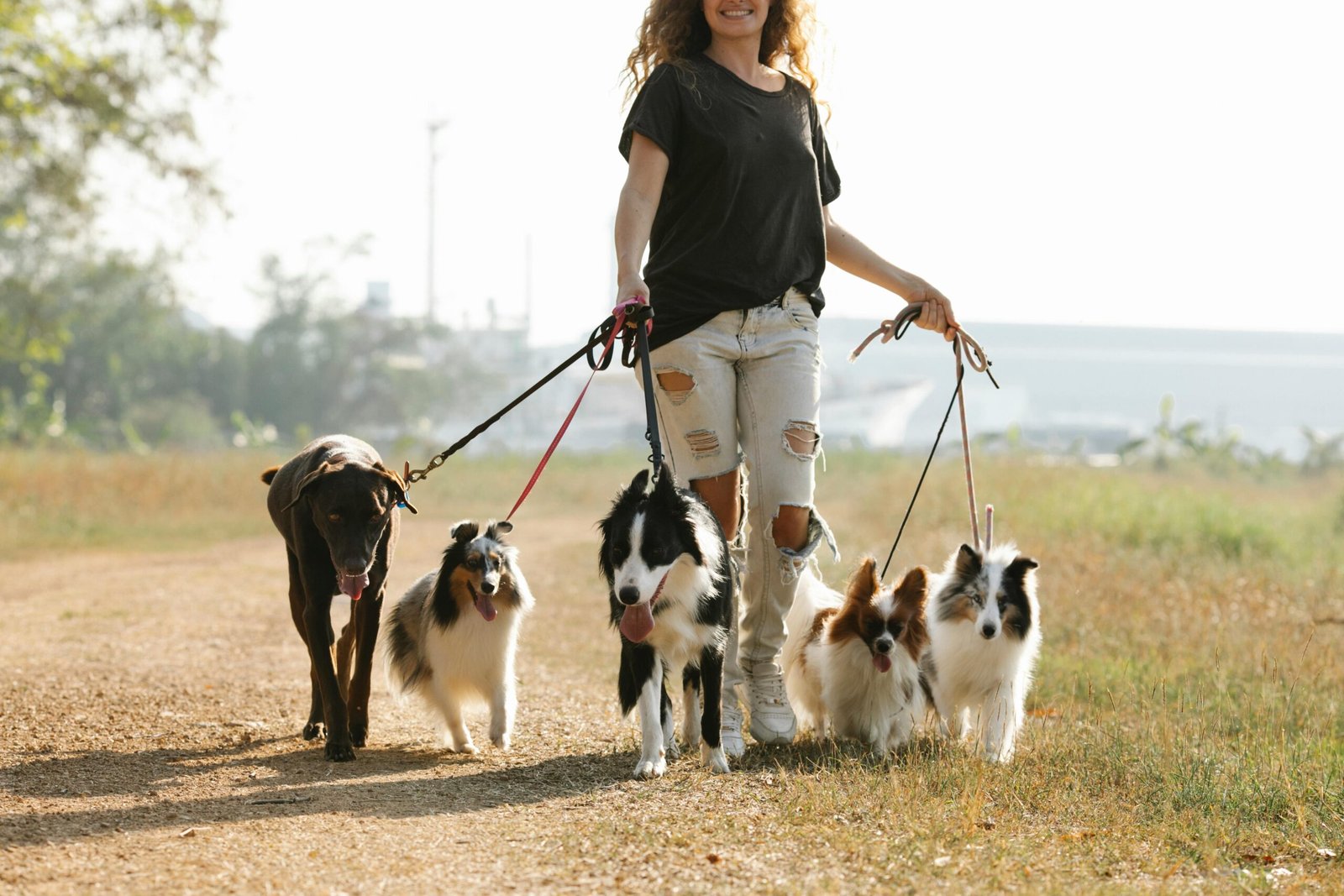In the modern world, dogs have undeniably become an integral part of many families. Our affection towards these four-legged companions often raises questions about its impact on traditional parenting. Could it be possible that our devotion to our canine friends is affecting how we raise our children? This article delves into the connection between dog ownership and child rearing, exploring whether our furry friends might be influencing our parenting methods.
The Rise of the Canine Companion
Over the decades, dogs have transitioned from mere pets to beloved family members. Their roles have expanded beyond that of watchdogs or hunting partners, becoming emotional support animals and cherished friends. This shift reflects a broader societal change in the way we perceive animals. With this increased emotional investment, dogs have become central figures in many households, sometimes rivaling children for attention and affection. The question arises: how does this affect our parenting dynamics?
The Emotional Bond Between Humans and Dogs
The bond that humans share with dogs is unique and profound. They provide unconditional love, companionship, and a non-judgmental presence that many find comforting. This emotional connection can sometimes overshadow the bond between parents and children, especially when parents find it easier to relate to their dogs. Unlike children, dogs don’t talk back or rebel, making them seemingly easier companions. This dynamic can inadvertently shift a parent’s focus away from their children, impacting the quality of parental interaction.
Sharing Responsibilities: Dogs as a Parenting Tool

Interestingly, owning a dog can serve as a valuable tool in teaching children responsibility. Tasks like feeding, walking, and grooming can be shared among family members, fostering a sense of duty and care in children. This shared responsibility can enhance family bonds, as everyone works together for the well-being of their pet. However, it’s crucial that these responsibilities are balanced with other parenting duties. While sharing duties with a pet can be educational, it should not replace direct parental involvement in a child’s growth and development.
Dogs and the Emotional Development of Children
Growing up with dogs can have positive effects on a child’s emotional development. Children often form strong attachments to their pets, learning empathy, compassion, and the importance of nurturing relationships. These lessons can be invaluable as they navigate social interactions outside the home. However, it is essential for parents to ensure that pets complement, rather than replace, human interactions. Children should understand that while dogs are loving companions, human relationships require different skills and understanding.
The Potential Pitfalls of Prioritizing Pets

While dogs bring joy and companionship, they can sometimes be prioritized over children. In some households, pets receive more attention and resources than the children themselves. This can lead to feelings of neglect or jealousy among children, affecting their self-esteem and emotional well-being. Parents must be mindful of the balance between nurturing their pets and fulfilling the emotional and developmental needs of their children. It’s important to remember that while dogs are an important part of the family, they should not overshadow the primary responsibilities of parenting.
Time Management: Balancing Dogs and Children
Time is a precious resource for any parent, and managing it between children and pets can be challenging. Dogs require daily care, exercise, and attention, often demanding as much time as children do. Parents need to find a balance that allows them to meet the needs of both their children and their pets. Establishing a structured routine can help manage these demands, ensuring that neither children nor dogs feel neglected. By carefully allocating time for both, parents can maintain a harmonious household where both children and pets thrive.
The Impact of Dogs on Family Dynamics
Dogs can significantly influence family dynamics, often acting as catalysts for family bonding. They bring family members together for walks, playtime, or even simple moments of shared affection and laughter. However, they can also introduce tension if family members disagree on care responsibilities or discipline methods. It’s essential for families to communicate openly about their expectations and responsibilities regarding their pets. By doing so, they can ensure that the presence of a dog strengthens rather than strains family relationships.
Dogs as Emotional Support for Parents
For many parents, dogs serve as an emotional support system. The stresses of daily life, combined with the challenges of parenting, can be overwhelming. Dogs offer a source of comfort and emotional release, providing a listening ear without judgment. This support can be invaluable, helping parents recharge and face their responsibilities with renewed energy. However, it’s vital for parents to ensure that their reliance on their pets does not detract from their role as caregivers. A balance must be struck where dogs offer support without replacing human connections.
Encouraging Outdoor Activities and Physical Health

Dogs naturally encourage outdoor activities, promoting physical health for the entire family. Regular walks, games of fetch, or simply playing in the yard can increase physical activity levels for both children and adults. This can be particularly beneficial in an age where screen time often dominates leisure activities. However, it is important for parents to ensure that these activities include all family members, fostering a sense of inclusion and shared enjoyment. Engaging in outdoor activities with both children and dogs can create lasting memories and strengthen family bonds.
Conclusion: Striking the Right Balance
As we consider the role of dogs in family life, it’s clear they offer numerous benefits and challenges. They can teach responsibility, provide emotional support, and encourage physical activity. However, they should never replace the crucial human interactions that children need for their development. Striking the right balance between nurturing our love for dogs and fulfilling our parenting responsibilities is key. By doing so, families can enjoy the best of both worlds, ensuring that both children and pets thrive in a loving and supportive environment.





